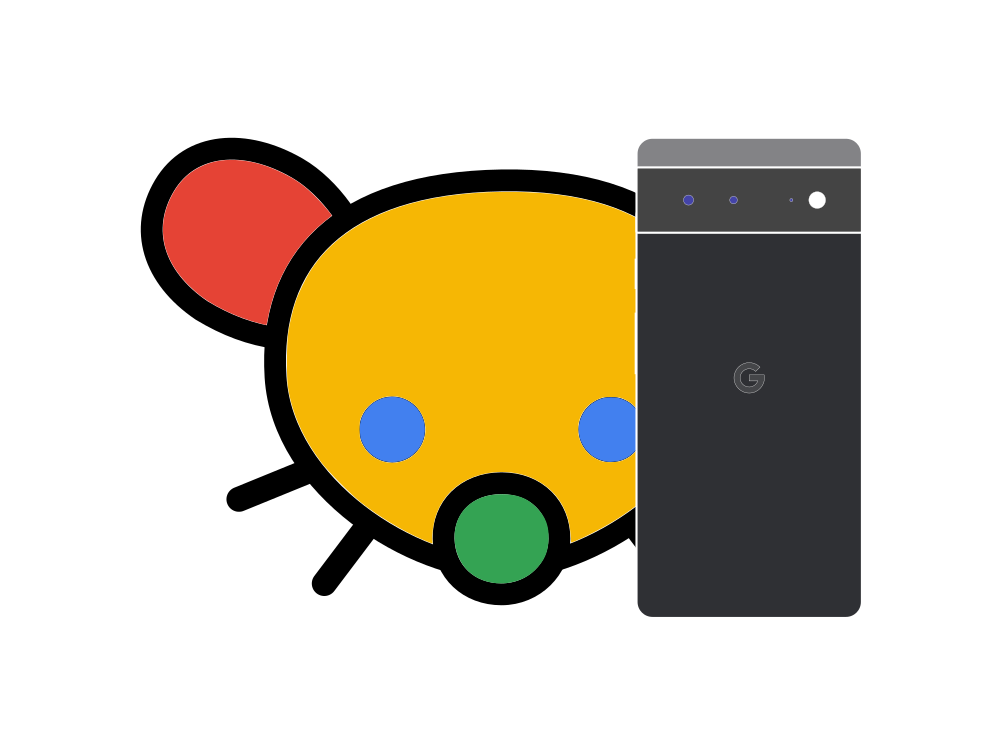- 1 Post
- 21 Comments

 16·8 months ago
16·8 months agoAll internet connections into and out of your Linux device will now be blocked unless a VPN connection to a Proton VPN server is active.
If I understand correctly, before version 4.2.0 (that includes the Advanced setting), the kill switch wasn’t active until you opened the ProtonVPN program. So if you restarted you PC, it was connecting to the internet without going through the VPN tunnel, so your traffic was somewhat exposed.
Now, with the new permanent kill switch, there’s no internet access without running ProtonVPN.

 1·11 months ago
1·11 months agoI’m glad you’ve edited you’re blog post so now the country of Qatar is mentioned, which was not the case before. At least there’s some progress here.
But I believe that your description of the situation is currently still misleading, especially the title “Israel funded Hamas”. Again, it might just be a language issue, but It seems like your claim is that Israel took money from its own budget, and gave it to Hamas (directly or indirectly). If that’s actually you’re claim, there’s no source you’ve cited that actually says that. Is that your claim? Please correct me if I’m wrong.
It’s hard for me to tell if you’ve actually addressed the point I was making, because all you did is adding quotations. So I don’t know if you’ve accepted my correction that it was not Israeli money nor US tax payers’ money, but in fact was Qatari money, just as your sources say.
So to be clear, I’m not arguing about the fact that Netanyahu’s strategy was to allow Qatari money to be handed to Hamas in Gaza, for the purpose of preventing peace talks with Fatah’s Palestinian Authority. That is obviously true.
[11] Haaretz:
It’s important to remember that without those funds from Qatar (and Iran), Hamas would not have had the money to maintain its reign of terror, and its regime would have been dependent on restraint.
In practice, the injection of cash (as opposed to bank deposits, which are far more accountable) from Qatar, a practice that Netanyahu supported and approved, has served to strengthen the military arm of Hamas since 2012.

 31·11 months ago
31·11 months agoI support the idea of the use of Monero as digital cash. So obviously I’m against the attempt to ban Bitcoin and other cryptocurrencies.
English isn’t my native language, but I find that your description of the Israel-Hamas situation is misleading. In the same article that you cite, it clearly says that Hamas received money from the Qatari government, that’s where the suitcases full of cash came from. It was not Israeli money nor US tax payers’ money. The ones funding terror are Qatar and Iran.

 2·1 year ago
2·1 year agoIf you’re willing to share, have you tried the service yet? If so, did you get what you wanted? How was the user experience?

 3·1 year ago
3·1 year agoGood to know. Thank you for your answers!

 1·1 year ago
1·1 year agoCool.
And what about identifiable and personal information? Such as physical address, phone number, full name etc? Is there any requirement to provide it to you or them?

 2·1 year ago
2·1 year agoWhen you say there’s no KYC, does it mean that you don’t require it or that both you and the card provider don’t require KYC?

 1·1 year ago
1·1 year agoYes, I’ve never used it with Coinbase. I don’t live in the US, and I don’t think Coinbase is even available in my country.

 1·1 year ago
1·1 year agoMoon/PayWithMoon was way better, convince me otherwise.

 6·1 year ago
6·1 year agoYou mean Pixel 5.

 3·1 year ago
3·1 year agoAdditionally, if you share your account with other people and haven’t enabled two-factor authentication, you may not want to join the Sentinel program, as it will increase your chance of being challenged during logins.
I wonder, so why not just force Sentinel program users to enable 2FA?

 10·1 year ago
10·1 year agoIf an app on one device connects to an app on another via Veilid, it shouldn’t be possible for either client to know the other’s IP address or location from that connectivity, which is good for privacy, for instance. The app makers can’t get that info, either.
Is that considered a new thing? I don’t think I’ve ever encountered a P2P service/protocol that also masks IP addresses.

 2·1 year ago
2·1 year agoWhen you hide read posts, are my own posts hidden? Is there a distinction between read posts on my feed versus read posts on a specific community page? Or maybe it just hides everything?

 2·1 year ago
2·1 year agoNo, at least not on Android.
I understand what you said. I’m saying that most of the time, what happens is actually the opposite of what you said.
and it keeps on asking me to update proton mail to 3.0.16, and this version is not on the play store.
Version 3.0.16 has been on the Play Store for quite some time, I’ve got it updated through Aurora Store. Since July 25th to be precise. So it took them about 17 days to publish it to GitHub, after pushing it to Play Store.
The Play Store doesn’t always push an update at the same time to all users. So instead, they have a Staged Rollout. Here’s an example from this article, it’s not related specifically to Proton.

I think they’re pushing the update to the Play Store before they publish it to GitHub.
That’s so annoying, as an F-Droid user, to almost always be one version behind. It also might have security implications that I’m not aware of.
IMHO that’s a highly requested feature.

 2·1 year ago
2·1 year agoDid you get any spam calls?
Q: Why do I have to enable Google Password Manager as an additional provider in order to make it work on Android?